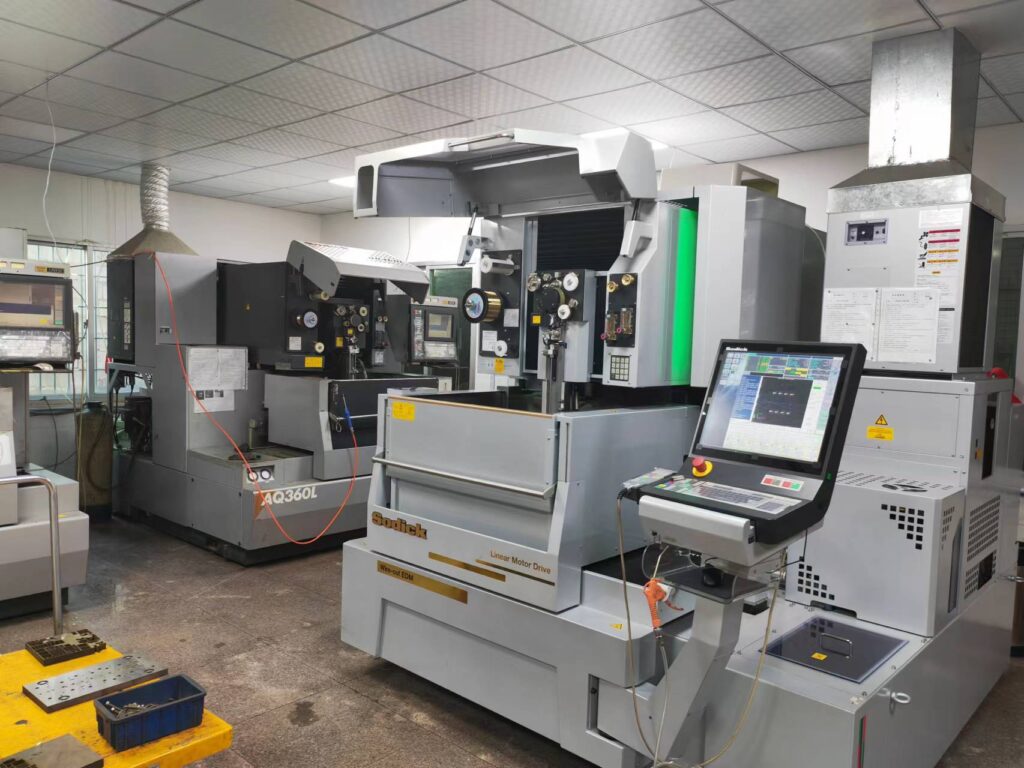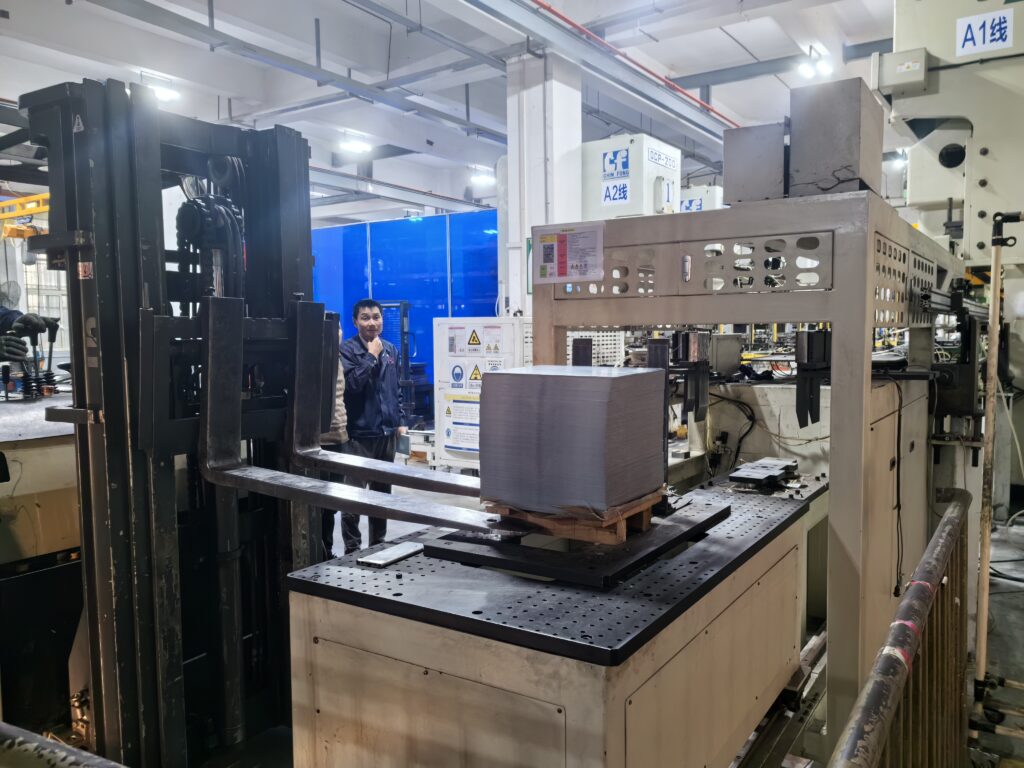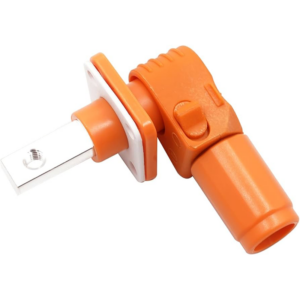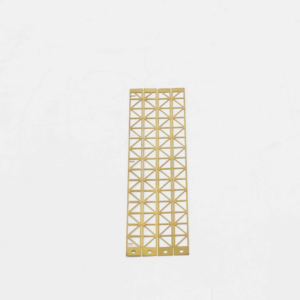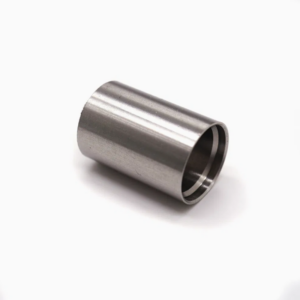As industries continue to progress and innovate, the demands on metal components are becoming increasingly complex. To meet the stringent environmental and operational requirements in critical sectors like aerospace, automotive, and medical, many metal components require enhanced protection. One of the most reliable methods for ensuring durability and performance in these demanding applications is through the application of protective metal coatings. Whether outsourced or managed in-house, partnering with a manufacturer that offers comprehensive metal coating services provides significant advantages. These include improved resistance to corrosion, enhanced wear protection, and greater longevity for components exposed to harsh conditions, making it a vital consideration for any business seeking reliability and long-term performance in their products.
A common metal protective coating is designed to enhance the longevity, performance, and aesthetic appeal of metal components across a variety of industries. These coatings serve as a critical line of defense, safeguarding metal surfaces from corrosion, wear, and environmental exposure. Here are some of the most prevalent types of metal protective coatings:
- Anodizing: This electrochemical process converts the surface of a metal, typically aluminum, into a durable and corrosion-resistant oxide layer. The procedure involves submerging the metal in an electrolytic bath and passing an electric current through it, which induces oxidation and forms a protective layer. Anodizing significantly improves resistance to corrosion, enhances wear properties, and increases overall durability.
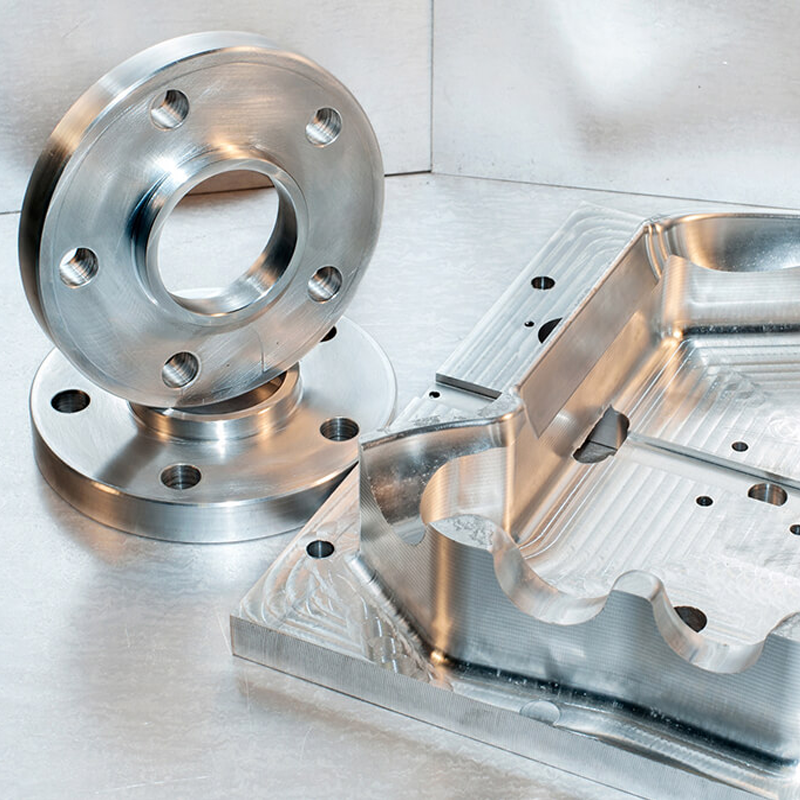
- Phosphate Coating: This method involves applying a chemical treatment to the surface of metals like steel or iron, forming a thin layer of phosphate crystals. This layer provides an excellent base for further coatings or paint applications, while also boosting corrosion resistance and promoting better adhesion.
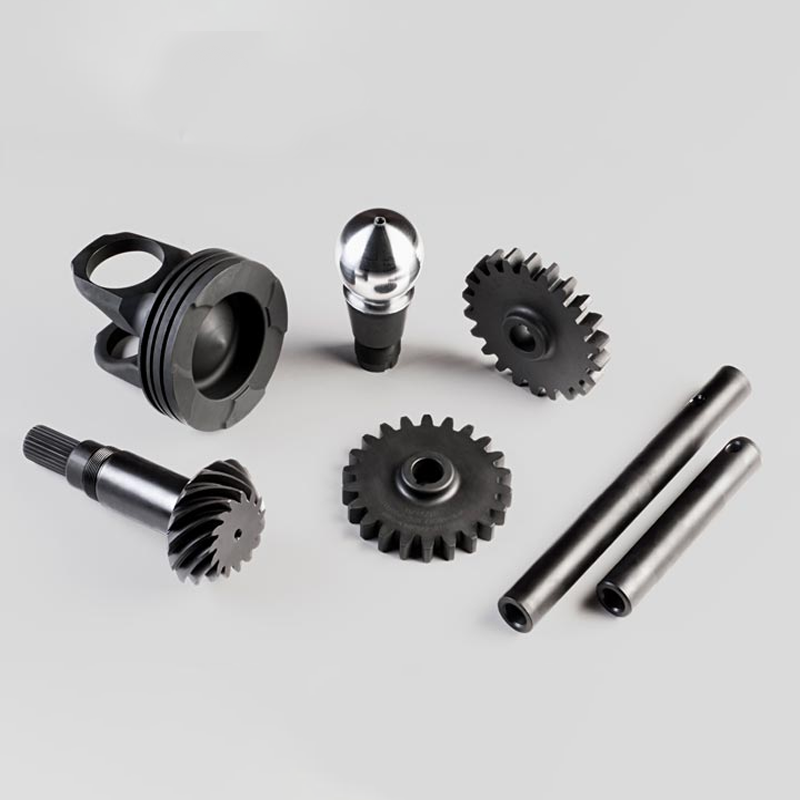
- Galvanizing: A process in which steel or iron is coated with zinc to protect against rust and corrosion. Hot-dip galvanizing, where metal is submerged in molten zinc, and electroplating, where zinc is deposited through an electric current, are two common techniques. Galvanizing ensures long-lasting protection, especially in harsh environments, enhancing both corrosion resistance and structural durability.
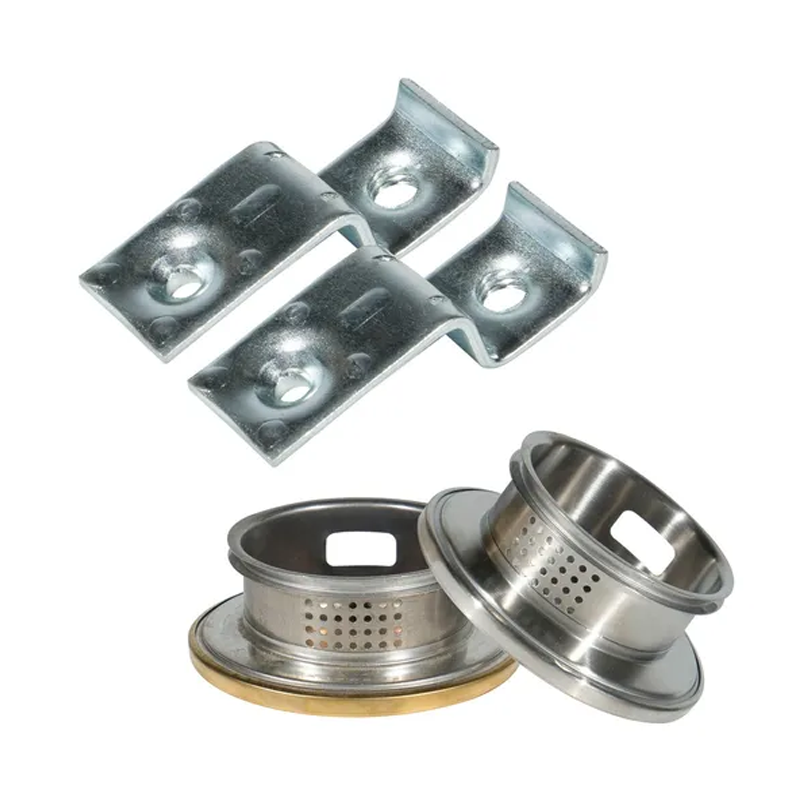
- Organic Coatings: These coatings, such as paints and lacquers, are applied to metal surfaces to improve both protection and appearance. Composed of organic compounds, these coatings are available in liquid, powder, or spray forms and serve as a flexible solution for enhancing aesthetics while providing corrosion resistance.
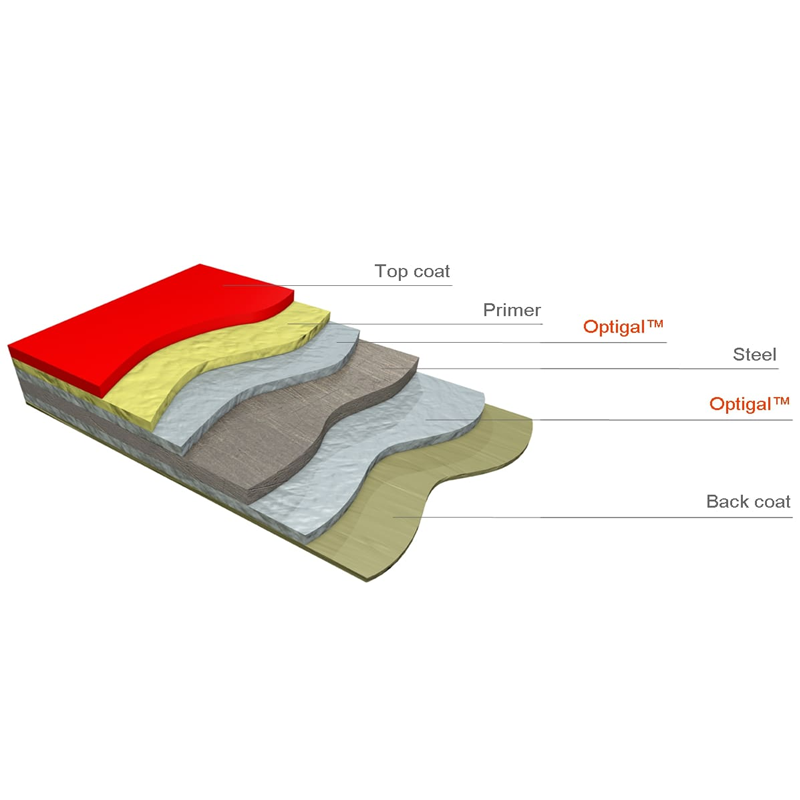
- Zinc Plating: A process in which a thin layer of zinc is electroplated onto a metal surface to provide corrosion protection. Commonly used in automotive parts, fasteners, and small components, zinc plating shields the underlying metal and improves its longevity.
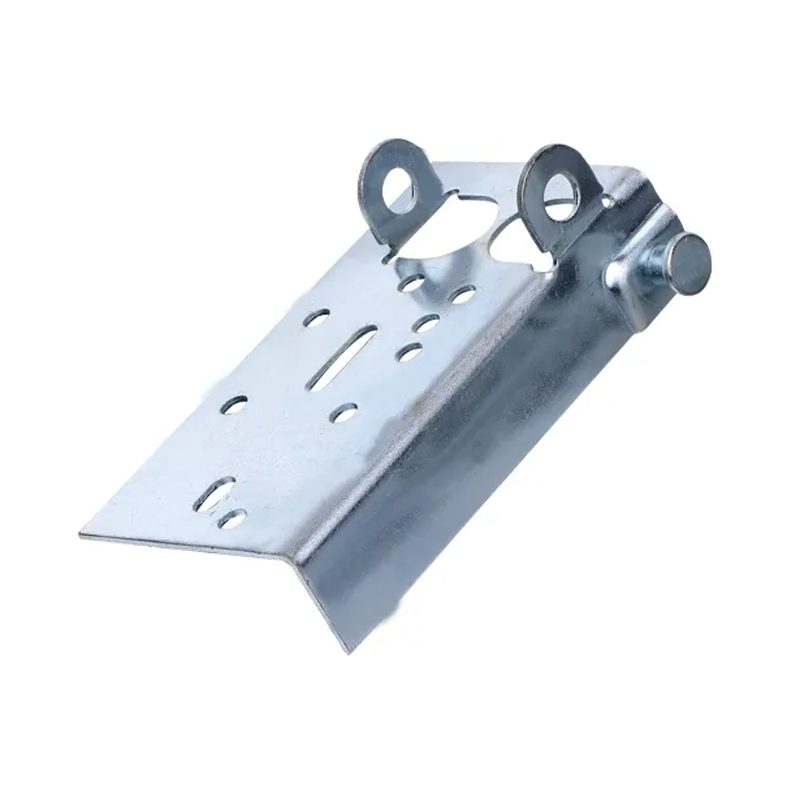
- E-Coating & Powder Coating: E-coating (electrophoretic coating) immerses the metal into a charged solution, drawing the coating to the metal surface for uniform protection. Powder coating, on the other hand, applies a dry powder that is cured under heat to form a tough, resilient finish that resists scratches, chipping, and fading, providing excellent protection and durability.
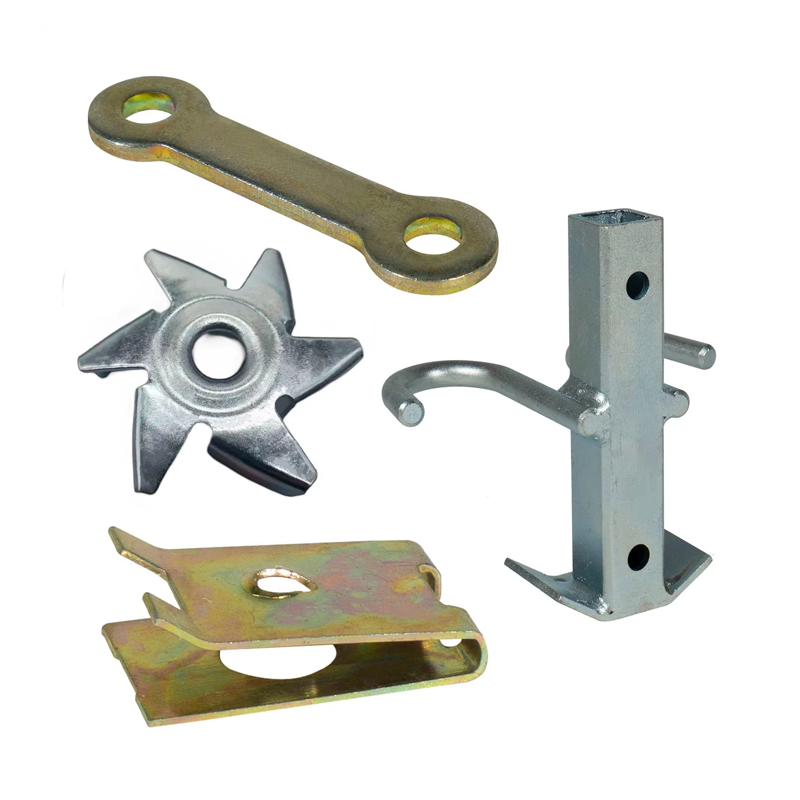
- A-Coat: This advanced coating technique often incorporates proprietary blends of chemicals and processes to improve specific performance traits. These formulations can be tailored for enhanced corrosion resistance, wear protection, or other specialized applications depending on the metal’s intended use.
These protective coatings are essential in ensuring the reliability, functionality, and extended lifespan of metal components in demanding environments.
Why Metal Protective Coatings Are Critical
Corrosion Resistance
Metal protective coatings play a pivotal role in preventing corrosion, significantly extending the lifespan and maintaining the functionality of components—especially those exposed to environmental factors such as moisture and oxygen, which can lead to rust and eventual degradation. Coatings like galvanizing, anodizing, and phosphate treatments create a protective barrier that shields the underlying metal from these corrosive elements. This protection is vital in industries such as automotive, aerospace, and construction, where components must maintain structural integrity despite constant exposure to harsh environmental conditions.
Resistance to Wear and Tear
Many metal components, especially those used in demanding applications, are subjected to mechanical stress, including abrasion, impact, and general wear. Protective coatings, such as anodizing and certain organic finishes, provide a hard, durable layer that enhances the metal’s ability to withstand this wear. This added resistance is particularly crucial for parts that encounter frequent friction or contact, such as moving parts in machinery or high-traffic areas in automotive systems. By reducing the rate of wear and extending the service life of components, these coatings contribute to lower maintenance costs and greater overall product reliability.
Friction Reduction
In addition to mitigating wear, some metal protective coatings are engineered to enhance performance by reducing friction between surfaces. For instance, phosphate coatings and certain lubricating finishes create a smooth surface that decreases the coefficient of friction. Lower friction leads to more efficient operation, reduced heat generation, and minimized wear on moving parts. This is particularly beneficial in applications such as automotive engines, gear systems, and industrial machinery, where friction can impact both the efficiency and longevity of critical components.
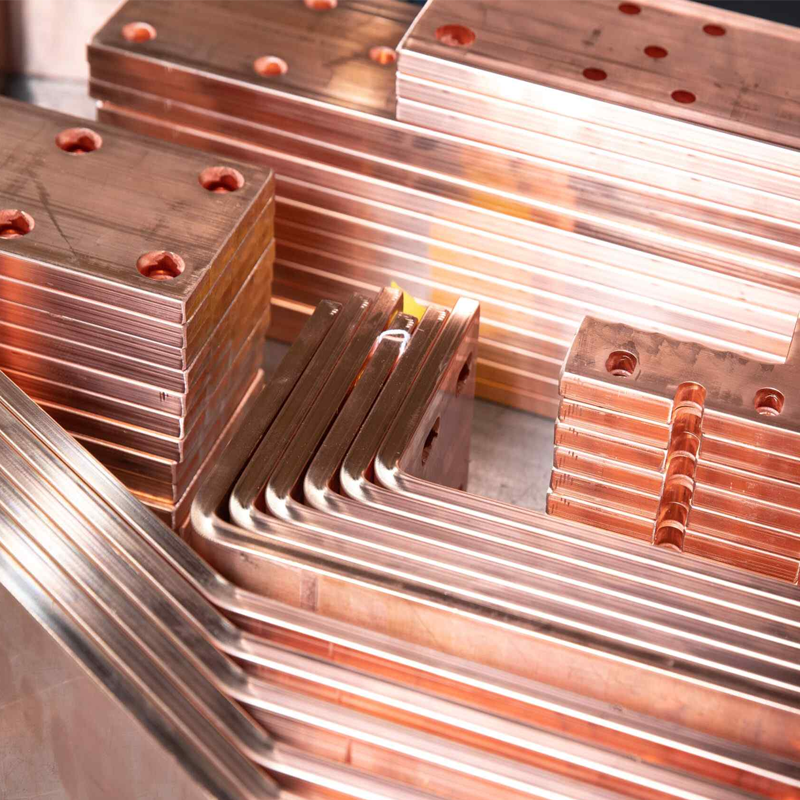
Chemical Resistance
Certain applications require metal components to withstand exposure to aggressive chemicals such as acids, alkalis, and solvents, which can cause rapid degradation if left unprotected. Coatings like organic paints, powder finishes, and specialized chemical-resistant treatments provide an essential shield, preventing corrosive substances from damaging the underlying metal. This level of protection is especially critical in industries such as chemical processing, pharmaceuticals, and oil and gas, where exposure to harsh substances is frequent and must not compromise the performance or safety of key components.
Thermal Protection
Lastly, metal protective coatings also play an essential role in safeguarding components from extreme temperatures or thermal cycling. Coatings such as ceramics and specific organic formulations offer thermal insulation or heat resistance, protecting the metal from high-temperature damage. This thermal protection is particularly valuable in industries such as aerospace, industrial processing, and automotive exhaust systems, where components must perform reliably under extreme thermal stress without losing structural integrity or functionality.
In all of these ways, metal protective coatings are crucial for ensuring that metal components remain durable, efficient, and reliable, even in the most demanding environments.
Topstamping Is Your One-Stop Metal Stamping Solution
Since 1998, Topstamping has been a trusted provider of high-quality progressive die stamping and comprehensive value-added services across a range of critical industries. Our advanced manufacturing capabilities are powered by state-of-the-art technology and a team of seasoned industry professionals committed to excellence. Beyond our core stamping services, we offer a full suite of metal protective coating solutions, both in-house and through reputable partners, ensuring your components meet the highest standards of durability and performance. If you’re looking for a metal stamping partner that consistently delivers superior quality, efficiency, and innovative solutions, we’re here to help.
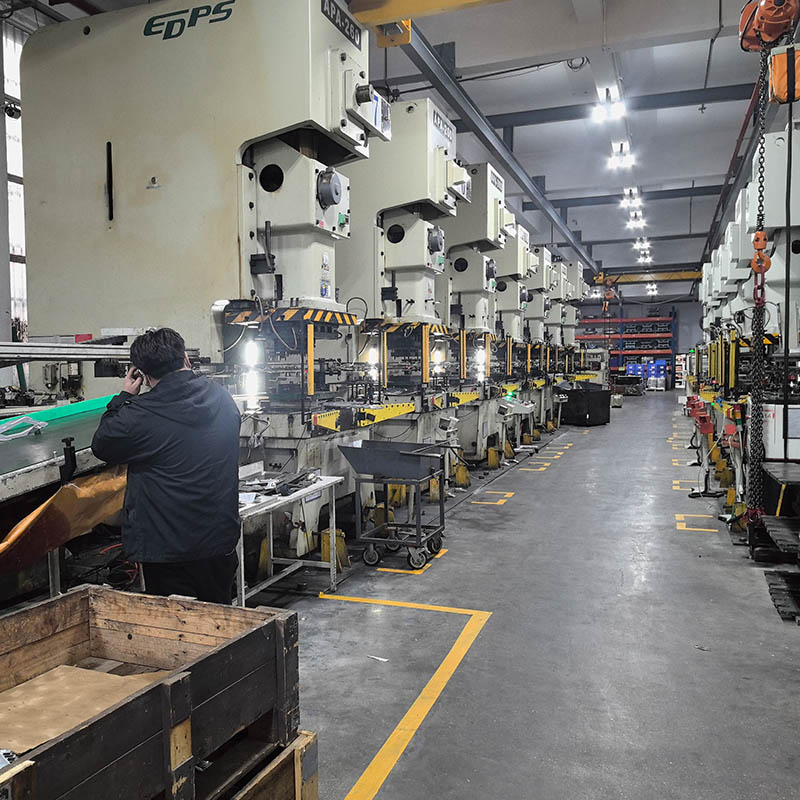
You can contact us today for a free quote!
